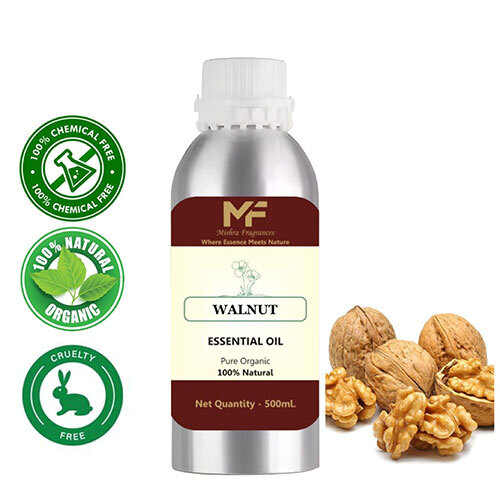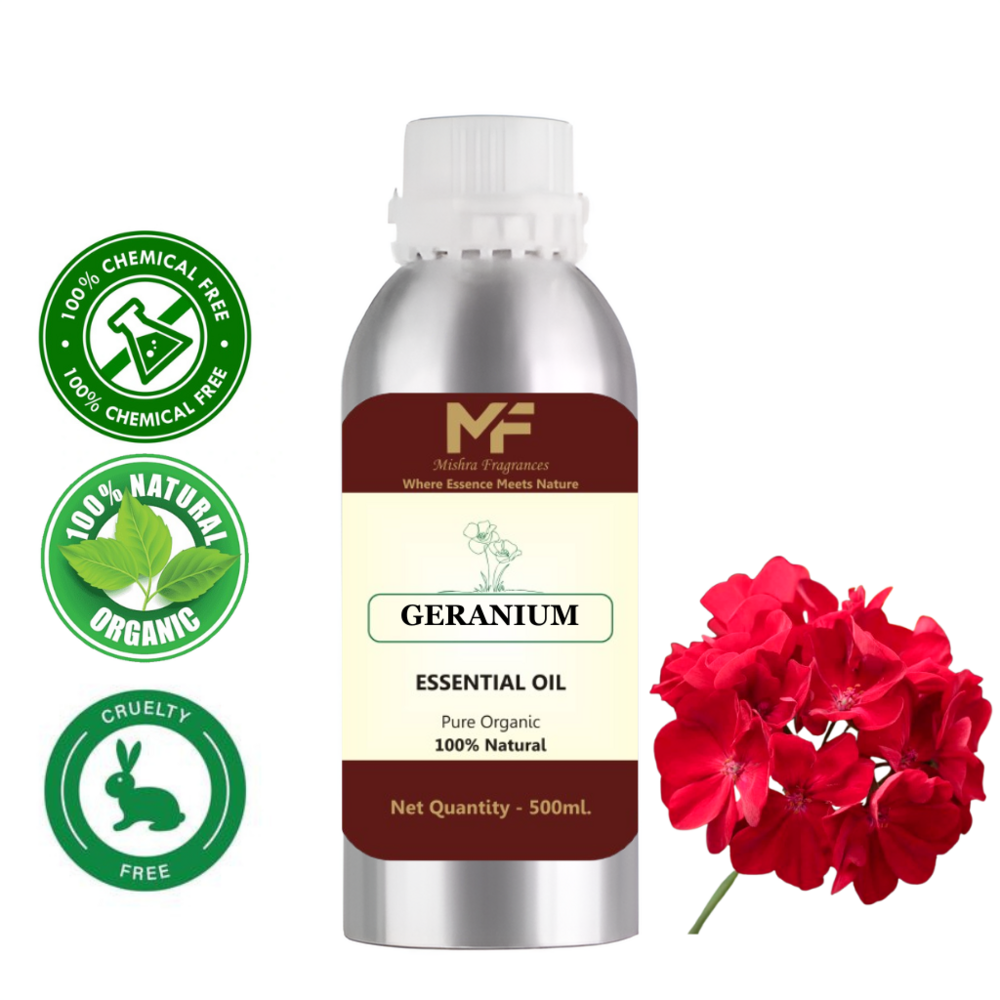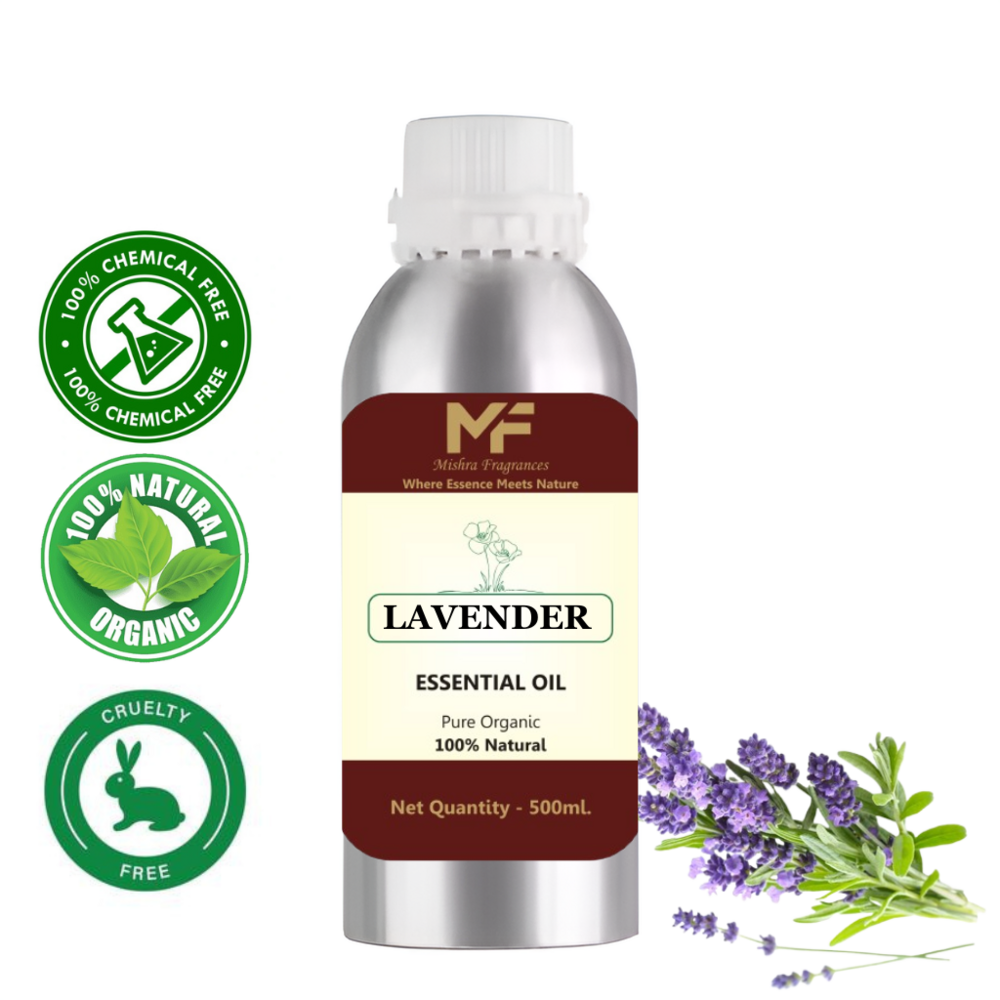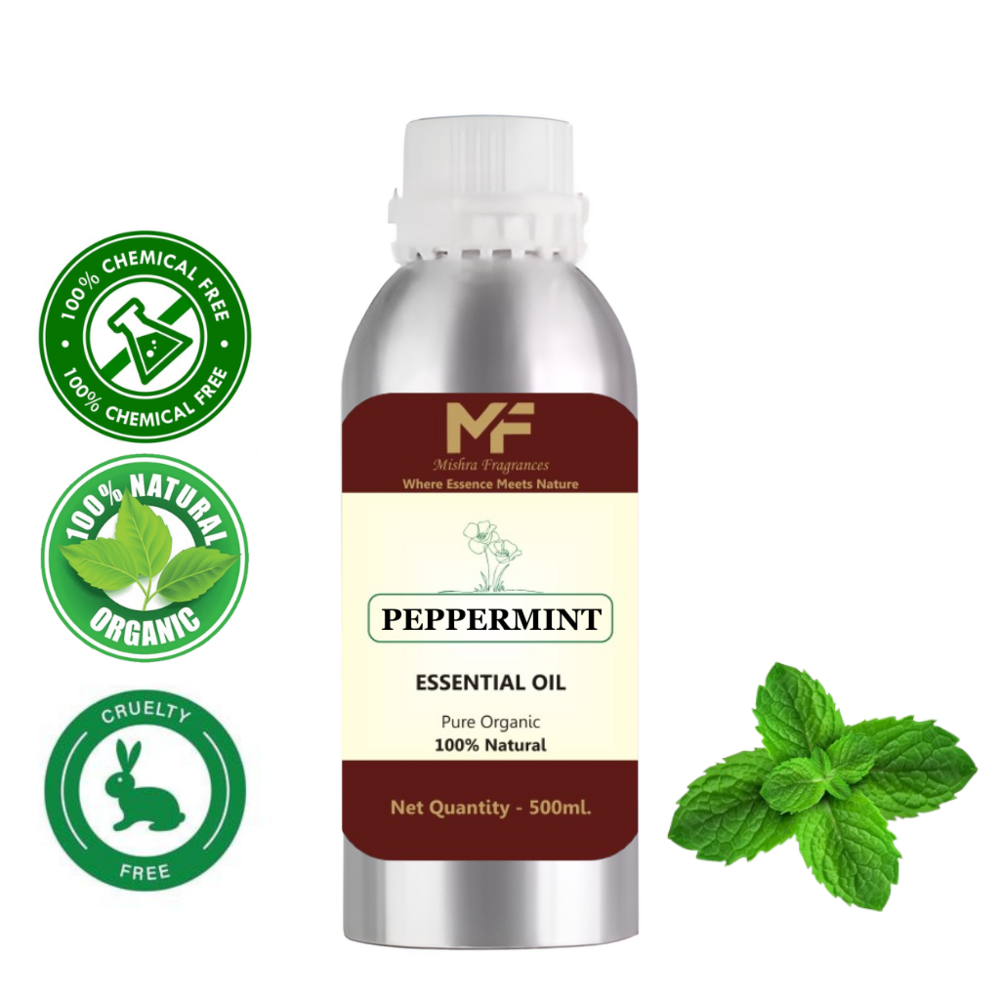Pure Cinnamon Essential Oil
Price 2400 INR/ Kilograms
Pure Cinnamon Essential Oil Specification
- Storage
- Dry Place
- Odour
- Fresh, zesty, citrusy
- Volume
- 1 Kilogram(Kg)
- Purity
- High
- Product Type
- Aromatics
- Age Group
- Adults
- Feature
- Fragrance Compound
- Shelf Life
- 1 Years
- Storage Instructions
- Room Temperature
Pure Cinnamon Essential Oil Trade Information
- Minimum Order Quantity
- 1 Kilograms
- Payment Terms
- Paypal, Cash Against Delivery (CAD), Cash on Delivery (COD), Cash Advance (CA), Cash in Advance (CID), Cheque
- Supply Ability
- 1000 Kilograms Per Month
- Delivery Time
- 7 Days
- Sample Available
- Yes
- Sample Policy
- Free samples available with shipping and taxes paid by the buyer
- Main Domestic Market
- All India
About Pure Cinnamon Essential Oil
- Botanical Name: Cinnamomum verum (true cinnamon) or Cinnamomum cassia (cassia)
- Extraction Method: Steam distillation of the bark or leaves
- Origin: Primarily Sri Lanka and India
- Aroma: Warm, spicy, sweet, and slightly woody
- Aromatherapy: Energizing, warming, and stimulating; helps improve mental clarity and focus
- Respiratory Support: Clears congestion, relieves coughing, and promotes easier breathing
- Immune Support: Antimicrobial and antiviral properties, helping to boost immunity
- Pain Relief: Helps relieve muscle aches, joint pain, and cramps when diluted and applied topically
- Blends Well With: Clove, orange, ginger, frankincense, and eucalyptus
Cinnamon Essential Oil is obtained from the bark or leaves of the Cinnamomum tree, primarily Cinnamomum verum (True Cinnamon) or Cinnamomum cassia (Cassia). This warm, spicy oil has a rich history in traditional medicine and aromatherapy. Its sweet and spicy scent is invigorating and grounding, making it a favorite for wellness, relaxation, and culinary applications.
Key Features:
- Aroma: Warm, spicy, and slightly woody with sweet undertones.
- Color: Reddish-brown (bark oil) or yellowish-brown (leaf oil).
- Consistency: Medium.
- Main Components: Cinnamaldehyde, eugenol, and coumarin.
- Botanical Family: Lauraceae.
Types:
- Cinnamon Bark Oil: Stronger aroma, higher cinnamaldehyde content, often used in aromatherapy and perfumery.
- Cinnamon Leaf Oil: Milder, with a higher concentration of eugenol, commonly used for topical applications.
Benefits:
- Mind: Uplifts mood, reduces stress, and boosts concentration.
- Body: Promotes circulation, soothes muscle tension, and supports immune health.
- Skin: Offers antibacterial and antifungal properties but should always be diluted due to its potency.
- General Use: Enhances respiratory health and serves as a natural insect repellent .
Frequently Asked Questions (F&Qs)
Q1: What are the primary uses of cinnamon essential oil?
A: It is used for stress relief, improving focus, boosting immunity, respiratory support, soothing sore muscles, and in natural cleaning solutions.
Q2: Can cinnamon essential oil be ingested?
A: Only therapeutic-grade cinnamon essential oil labeled as safe for internal use can be ingested in small amounts. Always consult a healthcare professional before ingestion.
Q3: Is cinnamon oil safe for topical use?
A: Cinnamon oil is highly potent and can cause skin irritation if applied undiluted. Always dilute it with a carrier oil (e.g., coconut or jojoba oil) before topical application.
Q4: What is the difference between cinnamon bark oil and cinnamon leaf oil?
A: Cinnamon bark oil has a stronger, sweeter aroma and higher cinnamaldehyde content, while cinnamon leaf oil is milder, with a higher eugenol concentration, making it more suitable for topical applications.
Q5: Can I use cinnamon essential oil during pregnancy?
A: Pregnant or breastfeeding women should consult a healthcare provider before using cinnamon essential oil, as it is highly potent and may not be suitable during pregnancy.
Q6: How does cinnamon essential oil benefit respiratory health?
A: When diffused, cinnamon oil can help clear nasal congestion, support healthy breathing, and provide relief from seasonal respiratory discomfort.
Q7: How should I store cinnamon essential oil?
A: Store it in a cool, dark place in a tightly sealed glass bottle to maintain its potency and prevent oxidation.
Q8: What oils blend well with cinnamon essential oil?
A: Cinnamon oil blends well with citrus oils (e.g., orange, lemon), floral oils (e.g., lavender, geranium), spice oils (e.g., clove, nutmeg), and woody oils (e.g., cedarwood, frankincense)."


Price:
- 50
- 100
- 200
- 250
- 500
- 1000+
More Products in Essential Oil Category
Pure Walnut Essential Oil
Price 1500 INR / Kilograms
Minimum Order Quantity : 1 Kilograms
Purity : High
Volume : 1 Kilogram(Kg)
Odour : Fresh, zesty, citrusy
Raw Material : Seeds
Pure Geranium Essential Oil
Price 4000 INR / Kilograms
Minimum Order Quantity : 1 Kilograms
Purity : 8099%
Volume : 1 Kilogram(Kg)
Odour : Sweet, floral, and slightly herbaceous
Raw Material : Flowers
Pure Lavender Essential Oil
Price 9500 INR / Kilograms
Minimum Order Quantity : 1 Liter
Purity : 8099%
Volume : 1 Kilogram(Kg)
Odour : Floral, fresh, herbaceous
Raw Material : Flowers
Pure Peppermint Essential Oil
Price 1500 INR / Kilograms
Minimum Order Quantity : 1 Kilograms
Purity : 8099%
Volume : 1 Kilogram(Kg)
Odour : Fresh, minty, sharp, and cooling
Raw Material : Leaves
 Send Inquiry
Send Inquiry






